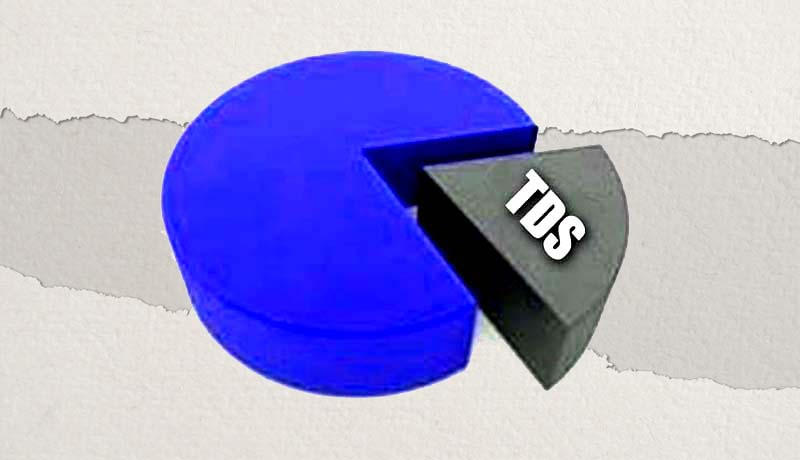TDS u/s 194C is not required to be deducted when paying wages to laborers working under assessee’s direct supervision

Whether TDS u/s 194C applicable where labor worked under direct supervision of assessee
Tapas Paul Vs ACIT (ITAT Kolkata)
Facts of the case
Assessing Officer has disallowed the payment made to the labourers by the assessee on the basis that TDS u/s 194C was applicable on such payment and assessee has failed to deduct which was subsequently confirmed by the Ld. CIT(A).
Whether TDS u/s 194C applicable where labor worked under direct supervision of assessee
Now the issue arises before the court that whether the laborers were to be treated as the employees of the assessee or the labourers are working under contractual capacity attracting the TDS provisions under section 194C of the Act. From pages of the labourer’s register book, the court found that the payment was made to the labourers individually and not to the labour contractor. Therefore the labourers can be considered as the employee of the assessee.
The person working under direct supervision and instructions is an employee
An employer is a person who directs and controls worker or servant under an implied or express contractual agreement of employment. The employer consequently is under an obligation to pay wages or salary in compensation to him. Accordingly, an individual who works as full-time or part-time under a contractual agreement of employment whether oral or expressly written or implied and he is legally responsible for performing the duties as assigned. That person is called as the employee.

In the present case, the court found that the labourers were working directly under the supervision of the assessee. The labourers had no other business organisation separately. They were representing the assessee’s business organisation of the assessee.
Thus, in the view of the court, there was an existence of an employer and employee relationship in between the labourers and assessee. The payment to the labourers (employees) can be in the nature of fixed salary together with incentive commission as mutually agreed by them.
Similarly, the payment of Provident Fund and ESI by the employer (assessee) cannot be considered as the deciding factor whether there is an existence of employer and employee relationship between assessee and labourers. For the applicability of Provident Fund and Employee State Insurance, there are some specified conditions attached to a business organisation. The nature of the relationship between the employer and employee cannot be modified on the ground whether an organisation is registered under Provident Fund and Employee State Insurance.
Verdict of the Court
In the light of above reasoning, the court held that the assessee (employer) is not liable for the deduct TDS under section 194C of the Act on such payment made to his employees. The assessee gets the relief accordingly. The court adjudicated the matter in assessee’s favour on his merit.


 ITAT Amritsar: No Section 269SS Violation for One-Time Cash Payment Before Sub-Registrar
ITAT Amritsar: No Section 269SS Violation for One-Time Cash Payment Before Sub-Registrar  Tax Officials Unleash Digital Dragnet: How New Raid Powers Redefine Privacy, Property Rights in India and likely to Fuel Corruption
Tax Officials Unleash Digital Dragnet: How New Raid Powers Redefine Privacy, Property Rights in India and likely to Fuel Corruption  Income Tax Department Rewards for Reporting Tax Evasion: A Comprehensive Guide
Income Tax Department Rewards for Reporting Tax Evasion: A Comprehensive Guide  Forfeiture of Gratuity by Employer- What are the Remedies for an employee- Can employer be challenged?
Forfeiture of Gratuity by Employer- What are the Remedies for an employee- Can employer be challenged?  Employer can forfeit gratuity of an employee in case of moral turpitude
Employer can forfeit gratuity of an employee in case of moral turpitude  Diving Deeper: The Impact of the New Tax Bill on Dairy and Farming Income
Diving Deeper: The Impact of the New Tax Bill on Dairy and Farming Income